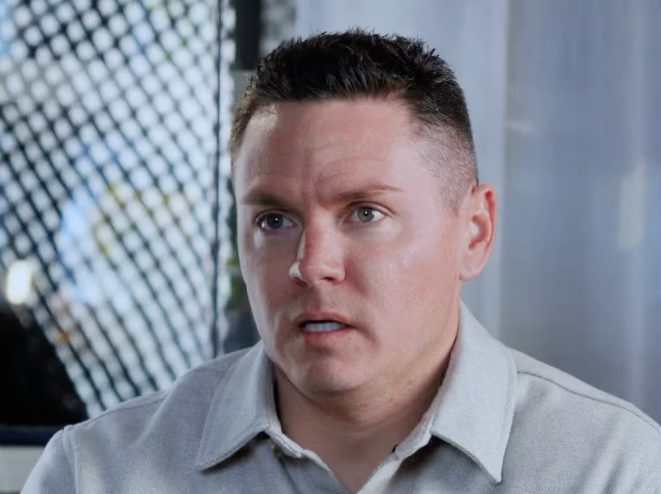The concept of ego death stands as one of the most misunderstood yet profound psychological experiences a person can undergo. At its core, ego death represents a fundamental shift in how individuals perceive themselves and their place in the world. This transformative experience challenges our basic assumptions about identity and consciousness.
The traditional understanding of ego death often conjures images of complete personality dissolution or loss of self. However, this interpretation misses the mark. Ego death actually represents freedom from the constraints of self-imposed identity rather than a loss of self.
Breaking Down the Mental Construct
The human mind creates and maintains a complex narrative about who we are. This self-image acts as a lens through which we interpret our experiences, relationships, and place in society. However, this mental construct is just that – a construction. It exists purely as a collection of thoughts, memories, and beliefs we’ve accumulated over time.
Consider these key aspects of the ego:
- It’s a mental story we tell ourselves about who we are
- It consists of accumulated beliefs and experiences
- It serves as a filter for how we interpret reality
- It creates boundaries between self and others
The process of ego death involves recognizing these mental constructs for what they are – ideas rather than absolute truths.
The Liberation of Letting Go
The real power of ego death lies not in destruction but in release. When individuals stop defending their self-image, they free themselves from the constant need to maintain and protect their identity. This liberation opens up new possibilities for growth and authentic expression.
The only thing that actually dies is your attachment to a mental illusion that you thought was real.
This insight reveals that ego death doesn’t destroy anything real – it simply dissolves an attachment to something that was never real to begin with. The process resembles waking up from a dream and recognizing that while the dream felt real, it was ultimately just a mental projection.
The Practical Impact
Understanding ego death leads to several practical benefits in daily life:
- Reduced anxiety about maintaining a specific image
- Greater authenticity in relationships
- Increased flexibility in responding to life’s challenges
- Better ability to adapt to change
These benefits emerge naturally as individuals release their rigid attachment to fixed ideas about who they are and how they should behave.
Moving Beyond the Story
The recognition that we are not our stories about ourselves creates space for genuine growth and transformation. This understanding doesn’t eliminate personality or individual expression – it actually allows for more authentic manifestation of who we truly are.
When we stop investing energy in protecting and maintaining a particular self-image, we free up that energy for more meaningful pursuits. We can engage with life more directly, without the constant filter of self-reference and self-protection.
This shift in perspective doesn’t require dramatic spiritual experiences or complete personality dissolution. It can happen gradually through simple recognition and acceptance of the difference between our true nature and our mental constructs about ourselves.
Frequently Asked Questions
Q: Is ego death a permanent state?
No, ego death typically refers to moments of clear recognition rather than a permanent state. The ego structure tends to reassert itself, but each experience of seeing through it can lead to lasting insights and reduced attachment to self-image.
Q: Does ego death mean losing your personality?
Not at all. Ego death involves seeing through false self-concepts rather than losing your unique characteristics. Your personality can actually express itself more naturally when freed from rigid self-images.
Q: Can ego death be dangerous?
When approached gradually through self-inquiry and understanding, ego death is not dangerous. However, sudden or forced attempts to dissolve the ego might cause psychological distress. It’s best to approach this process with patience and wisdom.
Q: How does one prepare for ego death?
Preparation involves developing self-awareness, practicing mindfulness, and gradually questioning your assumptions about identity. Working with experienced teachers or therapists can provide helpful guidance in this process.







